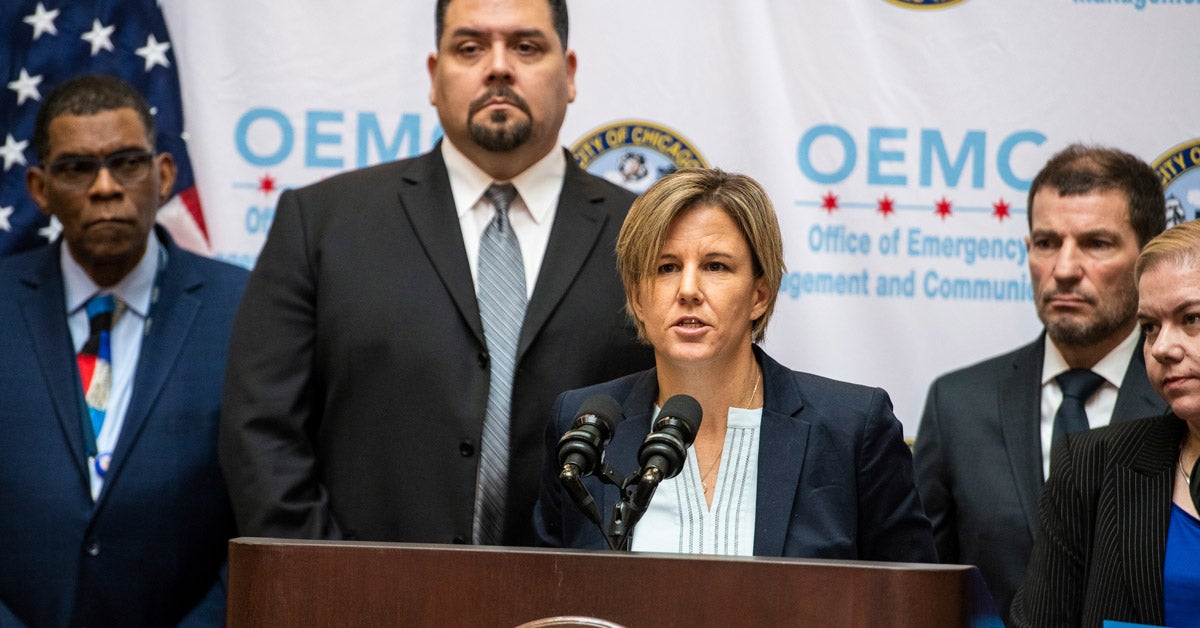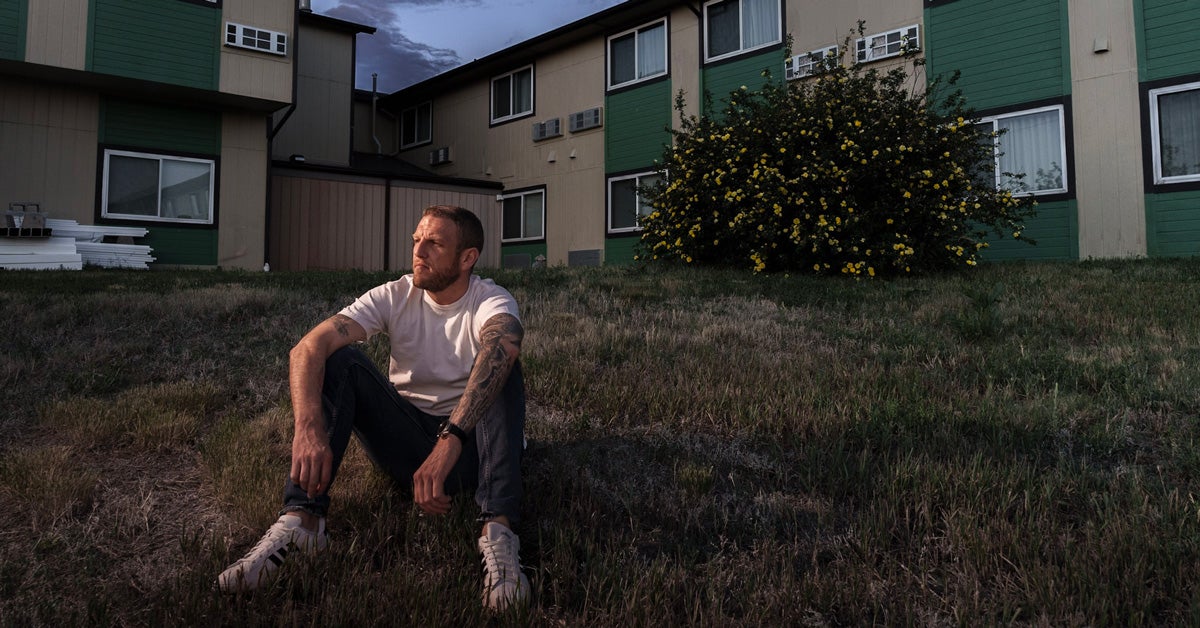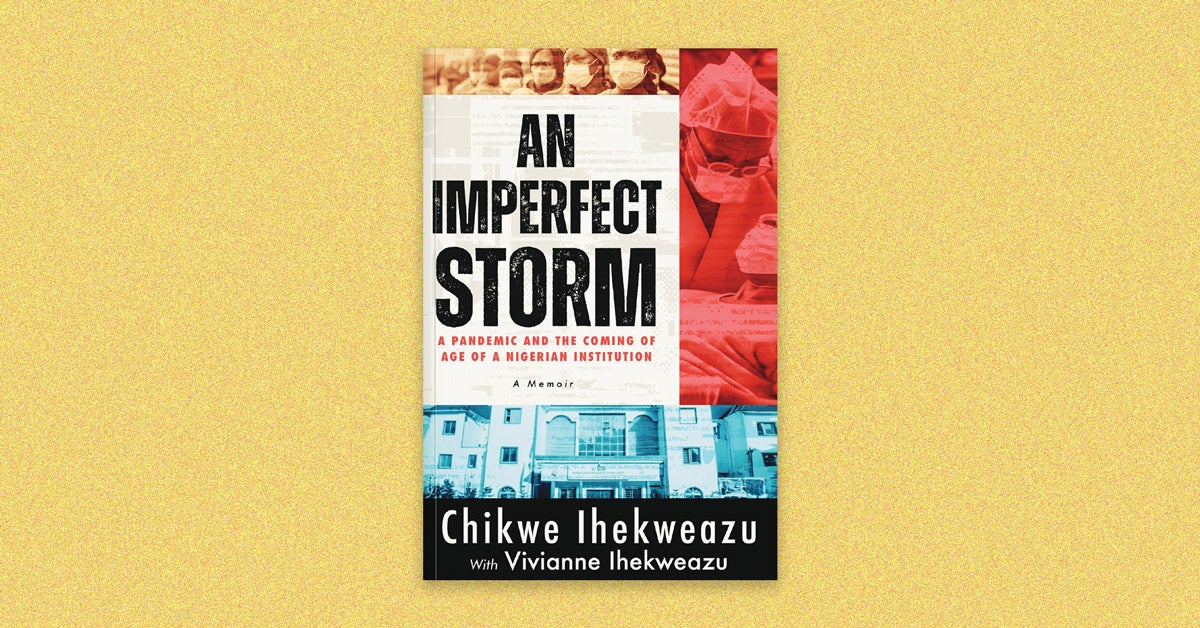Newsletter
HPH Weekly: What should we do when public health principles conflict?
This edition of Harvard Public Health Weekly was sent to our subscribers on September 26, 2024. If you don’t already receive the newsletter, subscribe here. To see more past newsletters, visit our archives.

What should we do when public health principles conflict?
Public health professionals sometimes need to make decisions that conflict with core principles of the field, argues Eric Coles. Unfortunately, he says, there is little training or support to help people make those decisions with confidence. And yet the challenge isn’t going away. “Communities need leaders who have the skills to make imperfect decisions and justify them to the public, other professionals, and researchers,” he writes.

Bringing public health data into the 21st century
Quick: which field is still using faxes in 2024? If you said “public health,” you’re right—unfortunately. That’s just one of the many data problems in public health, says Jennifer Layden, director of the CDC’s Office of Public Health Data, Surveillance, and Technology. But she has an ambitious plan to break down the siloes and make data more widely available.

One man’s recovery is helping other families through the grief of overdose deaths
When people lose loved ones to opioid overdoses, a complicated kind of grief follows, and the stigma surrounding substance use makes it difficult for many people to talk about their loss. As a recovering heroin addict, Levi Wardell understands these feelings better than most. He’s made it his mission to help families navigate the process of mourning their loved ones in his work as a funeral director in Cheyenne, Wyoming.

The resilience playbook
An Imperfect Storm recounts Nigeria’s response to COVID-19 from the alternating perspectives of Vivianne Ihekweazu, who heads the watchdog group Nigeria Health Watch, and her husband Chikwe Ihekweazu, director of the country’s Centre for Disease Control. The book “is a call to action for African leaders to invest more in health security—and to move away from the dependency on external support that often leaves their health systems vulnerable,” says Paul Adepoju in his review.
Snapshot: Exploring the mental health impact of cancer
Many cancer survivors struggle with significant, often untreated psychological distress: the fear that their cancer will return. Researchers found a way to tell which patients are most vulnerable to severe distress, which can be debilitating.
What we’re reading this week
A new program in Maine offers a way to help young Afghan refugees heal →
NPR
Nearly 40 percent of Gen Z men don’t have a primary care provider →
The Washington Post
Early warning systems vital for climate risk preparedness in Kenya →
Global Health NOW
The farm bill must support farmers affected by PFAS contaminated sewage sludge →
Barn Raiser
Part of the ocean has been granted legal personhood →
Hakai Magazine
